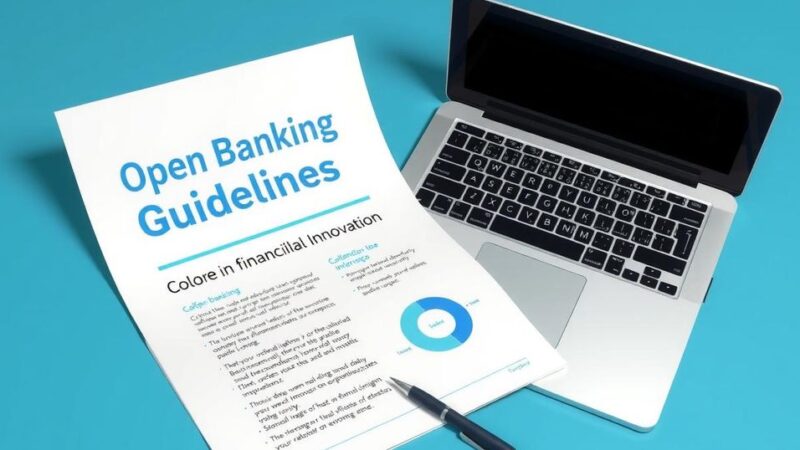Ghana has repealed COVID-era taxes to mitigate economic distress amid its worst financial crisis in decades. The government, led by President John Mahama, is enacting spending cuts and restructuring debt while striving to lower inflation to 12%. Challenges such as a weakening currency and instability in gold and cocoa sectors persist, raising doubts about the effectiveness of these reforms.
Ghana has announced the elimination of several taxes imposed during the COVID-19 pandemic to alleviate the economic hardship faced by its citizens. These taxes were initially enacted under the previous government as part of a strategy to obtain a $3 billion bailout from the International Monetary Fund (IMF). However, they drew significant criticism for exacerbating the cost of living in the country.
President John Mahama’s administration is implementing substantial reductions in government spending and is working on restructuring Ghana’s national debt. The government faces $8.7 billion in external payments over the next four years, which adds to the urgency of these economic reforms. The authorities are striving to stimulate economic growth and aim to reduce inflation to 12% by the end of the year.
Despite these initiatives, the nation is experiencing challenges such as a depreciating currency and instability within key industries like gold and cocoa. The effectiveness of these reforms in reviving Ghana’s economy remains uncertain amid these complications. Observers are encouraged to follow developments closely to assess the potential impact of these measures.
In summary, Ghana’s decision to abolish COVID-era taxes marks a significant step in addressing its severe economic crisis. The government’s broader strategies, including spending cuts and debt restructuring, are aimed at stimulating economic growth and controlling inflation. However, the ongoing challenges with currency value and critical industries raise questions about the sufficiency of these efforts in restoring economic stability.
Original Source: www.firstpost.com






